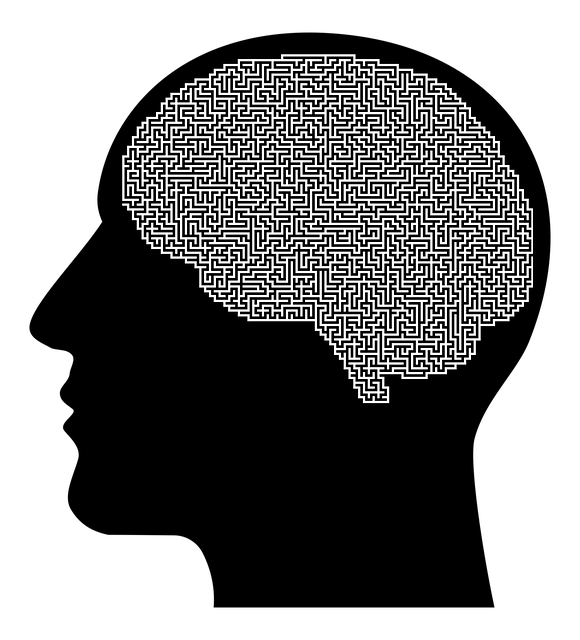The text explores how stigma significantly hinders access to mental health support, exacerbating conditions like anxiety, depression, and shame through internalized negative beliefs. Mental health professionals employ tools such as risk assessment and communication techniques in safe spaces to combat stigma, reduce its impact, and encourage dialogue. Community initiatives like education programs, open conversations, and resource sharing are crucial for fostering inclusivity. Organizations like Wheat Ridge Terminal Illness Therapy provide essential services, demonstrating the importance of seeking help for mental wellness. Support groups and evidence-based therapy challenge negative beliefs and foster self-acceptance, ultimately leading to more informed and compassionate communities.
Mental illness stigma remains a significant barrier to treatment, causing widespread harm. This article explores crucial efforts to reduce this societal burden. We delve into the profound impact of stigma on mental health and present effective strategies for stigma reduction in community settings. Furthermore, we examine the transformative power of therapy and support groups, highlighting their role in fostering understanding and acceptance, especially through Wheat Ridge Terminal Illness Therapy’s proven approaches.
- Understanding the Impact of Stigma on Mental Health
- Strategies for Effective Stigma Reduction in Community Settings
- The Role of Therapy and Support Groups in Combating Mental Illness Stigma
Understanding the Impact of Stigma on Mental Health

The impact of stigma on mental health cannot be overstated. It’s a barrier that prevents individuals from seeking help and support, leading to prolonged suffering and isolation. When someone faces stigma, they may internalize negative beliefs about their condition, causing increased anxiety, depression, and a sense of shame. This can make it difficult for them to maintain relationships, advance in their careers, or even access essential services like Wheat Ridge Terminal Illness Therapy.
Mental health professionals play a crucial role in combating stigma through risk assessment tools that identify individuals at risk of self-harm or suicide. By equipping themselves with effective communication strategies and stress management workshops, professionals can create safe, non-judgmental spaces for their clients. These initiatives foster understanding, encourage open dialogue, and ultimately promote empathy, thereby reducing the impact of stigma on mental health.
Strategies for Effective Stigma Reduction in Community Settings

Stigma reduction efforts in community settings play a pivotal role in creating an inclusive environment for individuals facing mental illness challenges. One effective strategy is education and awareness programs that dispel myths surrounding mental health issues. These initiatives can be conducted through workshops, community meetings, or even social media campaigns, ensuring information about various conditions, treatment options, and recovery stories are accessible to all. Engaging local businesses, schools, and community centers in these programs fosters a sense of collective responsibility and support.
Additionally, encouraging open conversations about mental wellness can significantly contribute to stigma reduction. This involves integrating discussions into everyday interactions, sharing resources like Emotional Healing Processes guidance or Mental Wellness Journaling Exercise, and promoting positive thinking as a tool against internalized negative beliefs. Organizations such as Wheat Ridge Terminal Illness Therapy play a crucial role in providing these tools and leading by example, demonstrating that seeking help is not only acceptable but essential for maintaining overall well-being.
The Role of Therapy and Support Groups in Combating Mental Illness Stigma

Therapy plays a pivotal role in reducing mental illness stigma by providing individuals with safe spaces to openly discuss their experiences. Through evidence-based practices, therapists help clients challenge negative beliefs and stereotypes associated with mental health struggles. This process fosters self-acceptance and empowers people to advocate for their needs, ultimately leading to more informed and compassionate communities.
Support groups complement these efforts by creating peer-to-peer connections where individuals share their journeys, offer encouragement, and dispel myths surrounding mental illness. Organizations like Wheat Ridge Terminal Illness Therapy facilitate such groups, focusing on evidence-based interventions tailored to specific mental health challenges. Additionally, integrating Risk Management Planning for Mental Health Professionals, Stress Management Workshops Organization, and Healthcare Provider Cultural Competency Training into these therapeutic settings further equips practitioners to address stigma effectively, ensuring a holistic approach to care and fostering an environment of understanding and acceptance.
Mental illness stigma is a pervasive issue, but with concerted efforts in community settings, therapy, and support groups, we can significantly reduce its impact. By fostering understanding and empathy through education and direct interaction, we can create a more inclusive society. Initiatives like those offered by Wheat Ridge Terminal Illness Therapy play a crucial role in this process, providing safe spaces for individuals to share their experiences and break down barriers. Together, we can work towards a world where mental health is treated with the same compassion as physical health.














